Gulf investors target Africa
- MEED
- 03 April 2009
African states have actively encouraged Gulf investors into areas like agriculture, seeing them as a useful counterweight to China’s influence.
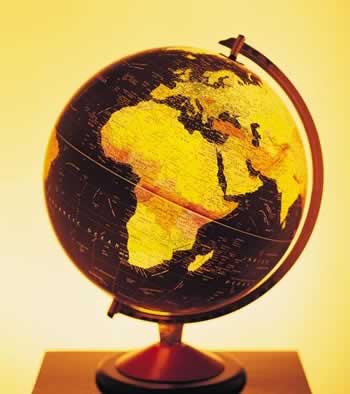
African states have actively encouraged Gulf investors into areas like agriculture, seeing them as a useful counterweight to China’s influence.
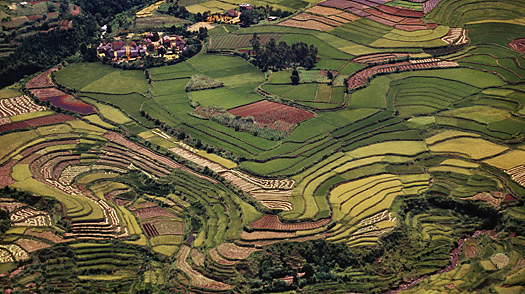
South Korea's Daewoo Logistics will plant corn in Madagascar, a company official said on Tuesday, with a long-term aim to replace more than half the corn it currently imports from mostly the United States.
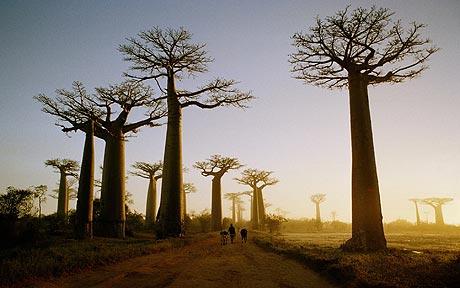
Daewoo Logistics of South Korea has secured farmland in Madagascar to grow food crops for Seoul, in a deal that diplomats and consultants said was the largest of its kind.
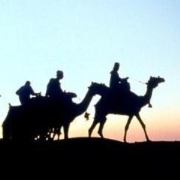
Gulf nations now are quietly scouring the globe for rich farmland to rent or buy outright.
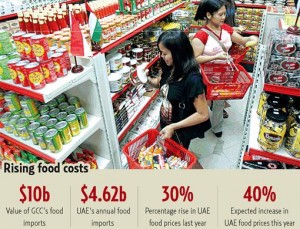
As the Gulf's agricultural production rates slow and food prices around the world continue to rise, GCC members are investing heavily in the fertile lands of Africa and Asia.
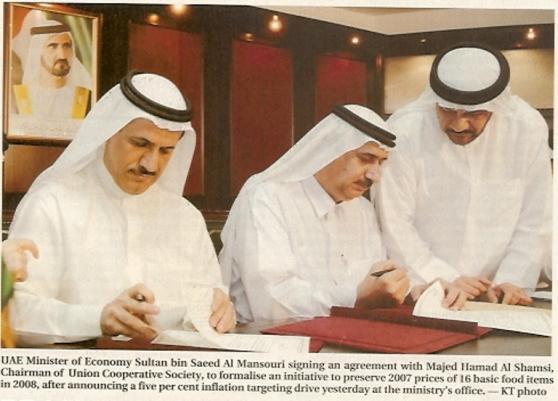
Given its unsuitable climate for agricultural development, the UAE must look abroad if it is to significantly expand its agricultural output. Pakistan could be the perfect partner.
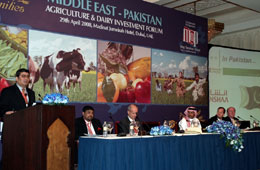
MAP services group’ is in the process of setting up a fund to develop model dairy and livestock farm in Pakistan. The fund will focus on private equity, SME funding and development as well as donor facilitation of project. The company plans to have 10 model farms in Pakistan by the end of 2010.
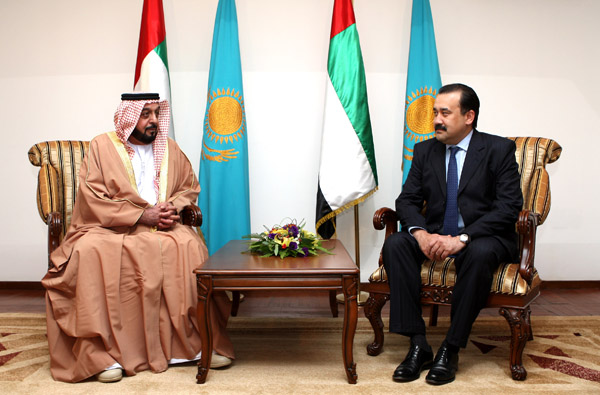
One issue reportedly delaying UAE investment in Pakistan is the Gulf state appearing to want “blanket exemption” from Islamabad’s agricultural export policies.

The United Arab Emirates is seeking to invest in agricultural projects in Kazakhstan as part of its efforts to secure food supplies.
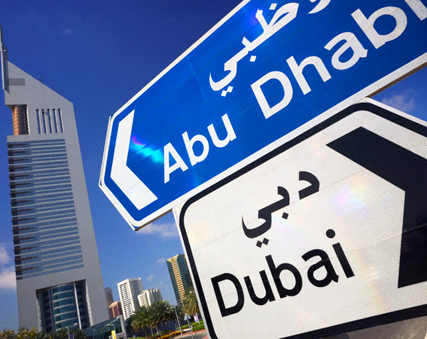
Both public and private sector investors in the Gulf are also looking at ways to improve local food supplies, by investing in a range of outlets from arable farm land in the Sudan, Algeria and Pakistan to introduce new technology to enhance the local production of foodstuffs and grains, livestock, poultry and fish.
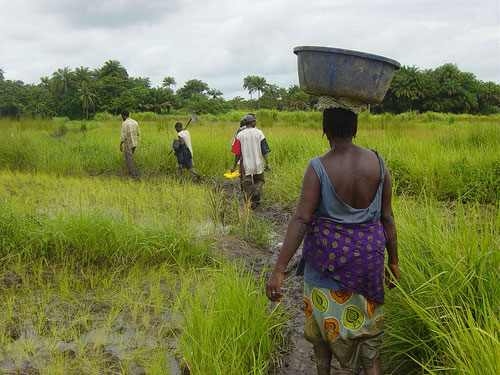
The Dubai-based think-tank Gulf Research Centre, in its food inflation report released last month, noted that agriculture production in the six-member Gulf Cooperation Council’s (GCC) countries is on the decline, and its exposure to unstable global food supplies would increase in the future. It called on the GCC to develop links with countries rich in arable land.
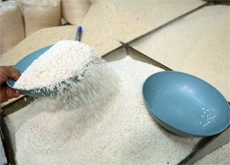
The Saudi government announced that it would co-ordinate with local private-sector companies and invest in strategic agricultural interests in key producer countries such as Brazil, Ukraine, Thailand and India, guaranteeing for itself supplies of cereals, meat and vegetables. It is already in advanced negotiations with Thai investors and a deal on rice farms in Thailand is likely before the end of the year.

|
CAR offers land ownership using cryptocurrency
|